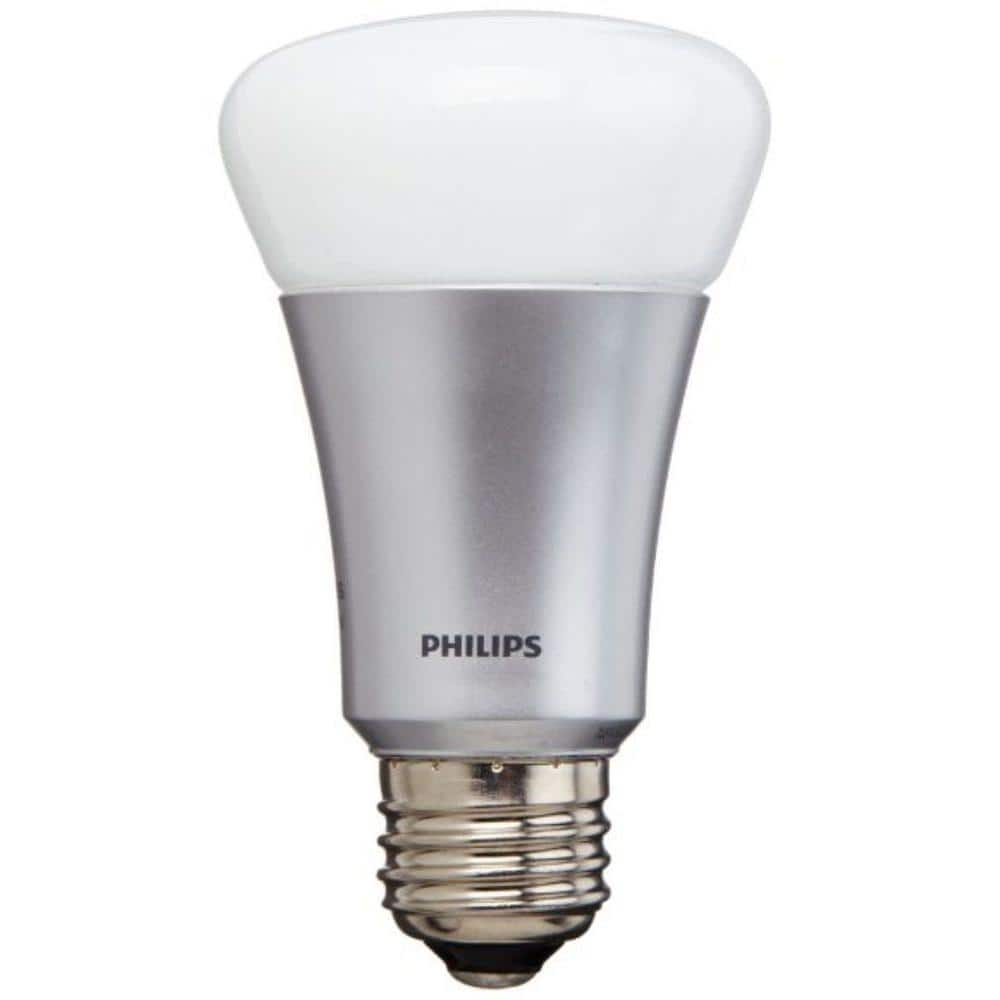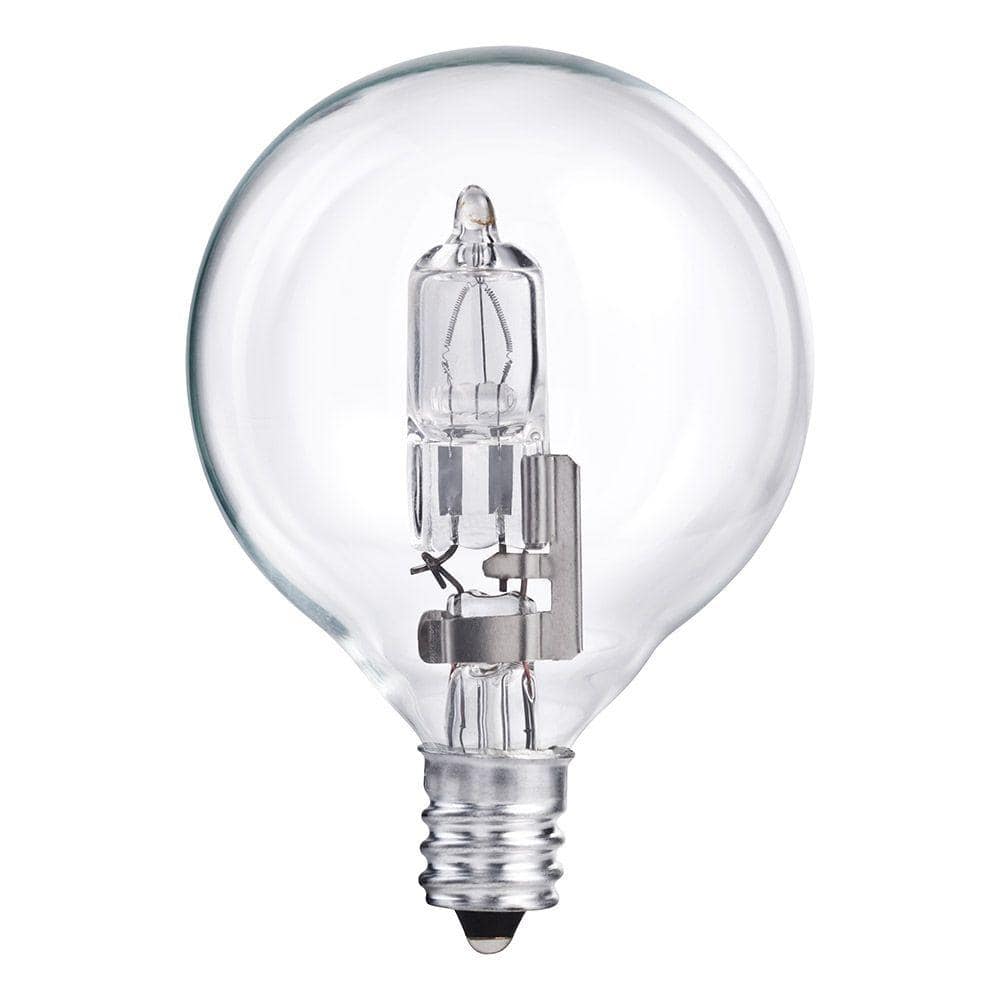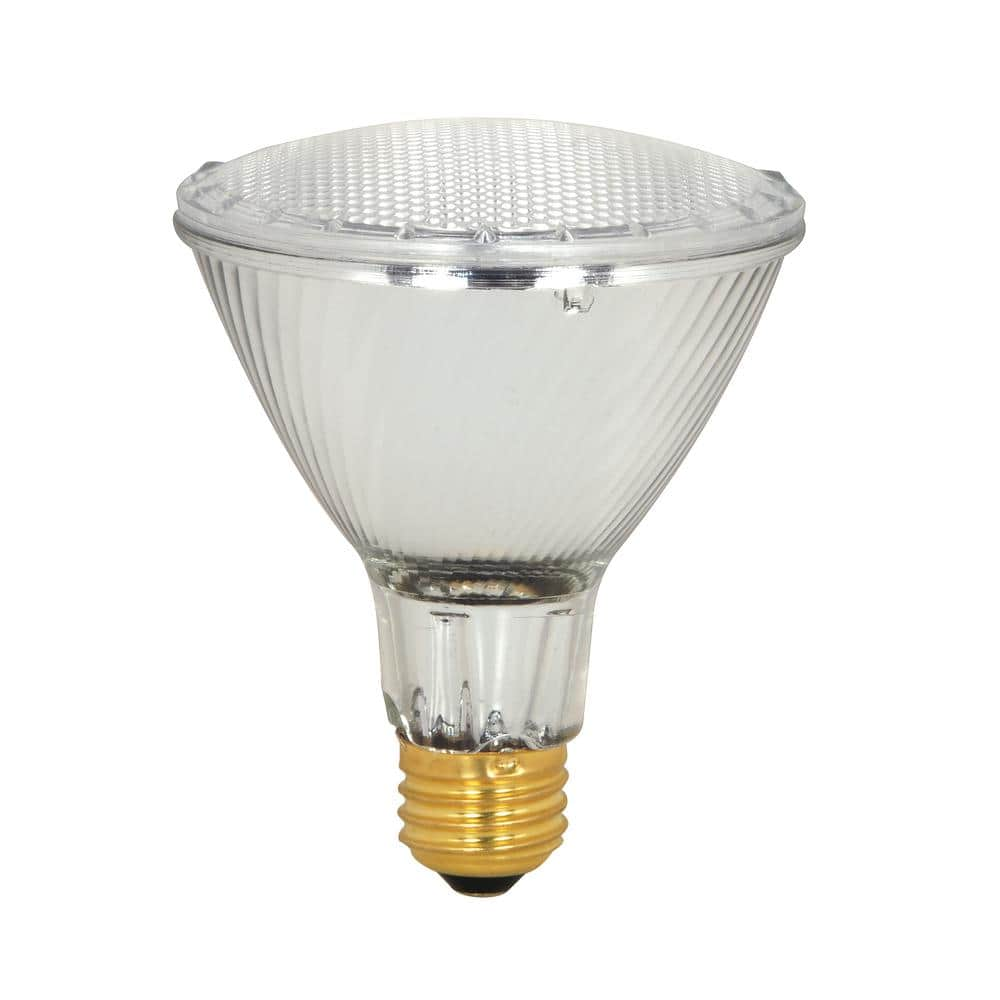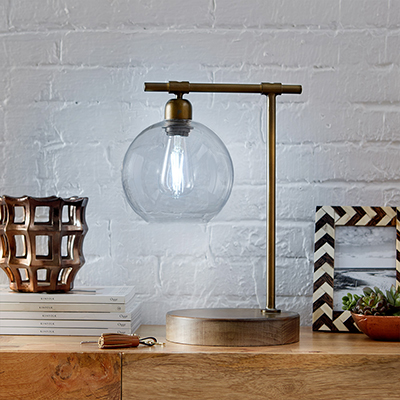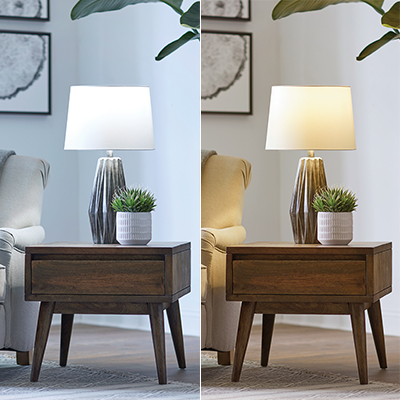How to Dispose of Light Bulbs
)
Last updated August 11, 2025
Modern light bulbs last a long time. When it’s finally time to replace them, it’s important to remember that different types of light bulbs aren’t all disposed of the same way. For example, LED bulbs can be thrown into the trash. However, to dispose of fluorescent tubes is a more complicated process because they contain mercury. Read on to learn how to recycle light bulbs, the proper handling of broken bulbs and where to dispose of bulbs responsibly.
Table of Contents
Why Should You Recycle or Dispose of Light Bulbs Properly?
Where to Dispose of Light Bulbs
How to Prepare Light Bulbs for Disposal
How to Dispose of Incandescent Light Bulbs
How to Dispose of Halogen Bulbs
How to Dispose of CFL Bulbs
Why Should You Recycle or Dispose of Light Bulbs Properly?

Knowing how to handle old or broken light bulbs is important. First, carelessly tossing them into a garbage bag can be harmful to both people and animals. Knowing how to dispose of light bulbs correctly protects everyone from the dangers of broken glass. Another safety concern with light bulbs is that some have parts made with mercury, lead and other heavy metals. If these kinds of bulbs make it to landfills, they can affect groundwater and harm the environment as well. It’s best to recycle those that you can, and keep in mind some must be recycled by law.
Tip: Take safety precautions in your home or office if a bulb with mercury breaks. Refer to Step 2 below.
Where to Dispose of Light Bulbs

An important part of knowing how to dispose of light bulbs is knowing where to dispose of or recycle them. Below are some great resources:
- Check with your local The Home Depot store and other retailers about their on-site recycling options.
- Contact your local electric utility for disposal locations.
- Use your city or state website to research and locate nearby recycling centers or hazardous waste facilities that accept household items.
- The U.S. Environmental Protection Agency (EPA) has a list of places that recycle light bulbs.
How to Prepare Light Bulbs for Disposal

In general, how you dispose of your spent light bulbs will determine how to prepare them.
- Recycle. Some light bulbs can be recycled and some can’t. Knowing how to recycle a light bulb starts with finding a recycling location that accepts that type of bulb. Next, seal your light bulbs in bags or containers and place them into a padded box to avoid breakage. Mail the bulbs to a recycling facility or deliver them in person.
- Trash. Put the light bulb inside of a smaller, sealable bag before your put it in your larger bag with the rest of your trash. This helps keep any shards of glass contained if it breaks or it’s already broken. Use gloves or pick up any broken glass with a cloth. If the used bulb is intact and contains mercury, label the bag with a warning about its contents. Some cities and states have made it illegal to put bulbs that contain mercury into the regular trash, so check first.
- Hazardous waste facility. If you break a light bulb that contains mercury, immediately clear all people and pets from the room. If you have an HVAC system, turn it off. Ventilate the room by opening any windows. Wait a minimum of 15 minutes before cleaning up. Use gloves, damp paper towels or cloths, cardboard and stiff paper or sticky tape to pick up the broken pieces. Do not use a broom or vacuum. Take the broken bulb to an official hazardous waste facility. Consult and follow EPA guidelines for more detailed cleanup procedures.
How to Dispose of Incandescent Light Bulbs

Incandescent light bulbs are the easiest to dispose because they can be thrown in the household trash. If the bulb is broken, wrap the glass securely in heavy paper before placing it a garbage bag. This makes garbage pickup safer for both you and the waste collector.
Some local recycling centers may accept incandescent light bulbs. However, the amount of metal and glass in these types of bulbs is minimal and hard to recover through recycling. Incandescent bulbs can be upcycled or used for another project.
How to Dispose of Halogen Bulbs

Halogen bulbs can be thrown away safely in the household trash. They pose little environmental threat but are difficult to recycle. Halogen bulbs are made from thicker glass than incandescent bulbs, so they won’t break as easily. However, it is still wise to wrap a halogen bulb before throwing it away. Place the spent bulb in the packaging the new bulb came in and toss.
How to Dispose of CFL Bulbs

Compact fluorescent light bulbs (CFL) are a popular bulb style. CFL light bulbs use less energy than incandescent bulbs and are available in various shapes. However, these bulbs should never be thrown away in household trash. CFL bulbs contain mercury, which is toxic to humans and pets. Even though most bulbs contain only about 4 milligrams, CFL bulbs thrown into a landfill can contaminate the drinking water supply. There are several retailers who accept intact and undamaged CFL bulbs for recycling, including The Home Depot. There are also a few online services that allow you to mail in bulbs to be recycled.
How to Dispose of LED Bulbs

LEDs use tiny microchips to conduct electrical current and include trace amounts of heavy metals such as lead and arsenic. Many people throw away LED light bulbs, but there are many options for LED bulb recycling. Some communities have recycling collections for LED bulbs to prevent them from ending up in their landfills.
How to Dispose of Fluorescent Tubes

Like CFLs, fluorescent tube lights contain mercury and are hazardous waste. It’s illegal to throw them in regular trash or put them out on the curb for collection. Be careful handling these types of bulbs because the glass tube is very fragile. If a fluorescent tube breaks, follow steps for safely picking up a mercury-containing bulb. To dispose of fluorescent tubes, some local recycling programs have special recycling protocols for these tubes.
Spent light bulbs can be trashed or recycled. However, the rules for either can vary depending on the types of light bulbs you have. Stop by your local The Home Depot to find out the most up-to-date recycling information for your region and in-store options for recycling light bulbs, batteries and other spent electronics. Plus, you can check with your local waste management authorities and recycling centers for specifics in your area.
Need new bulbs to light your rooms? From traditional to smart light bulbs, The Home Depot delivers online orders when and where you need them.
